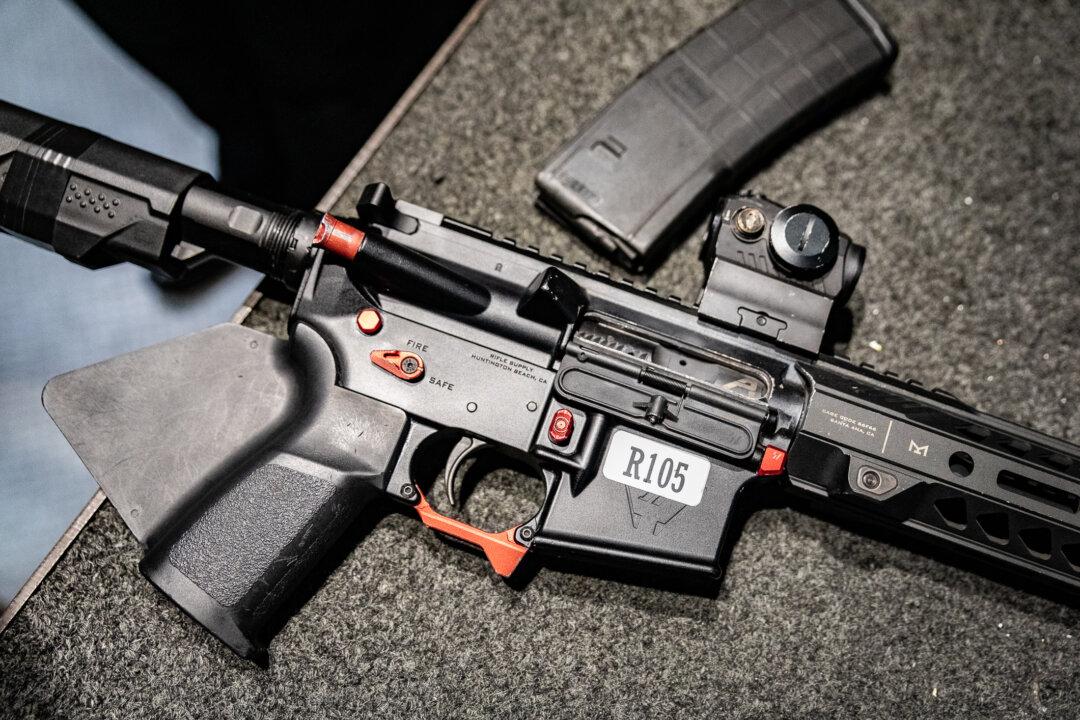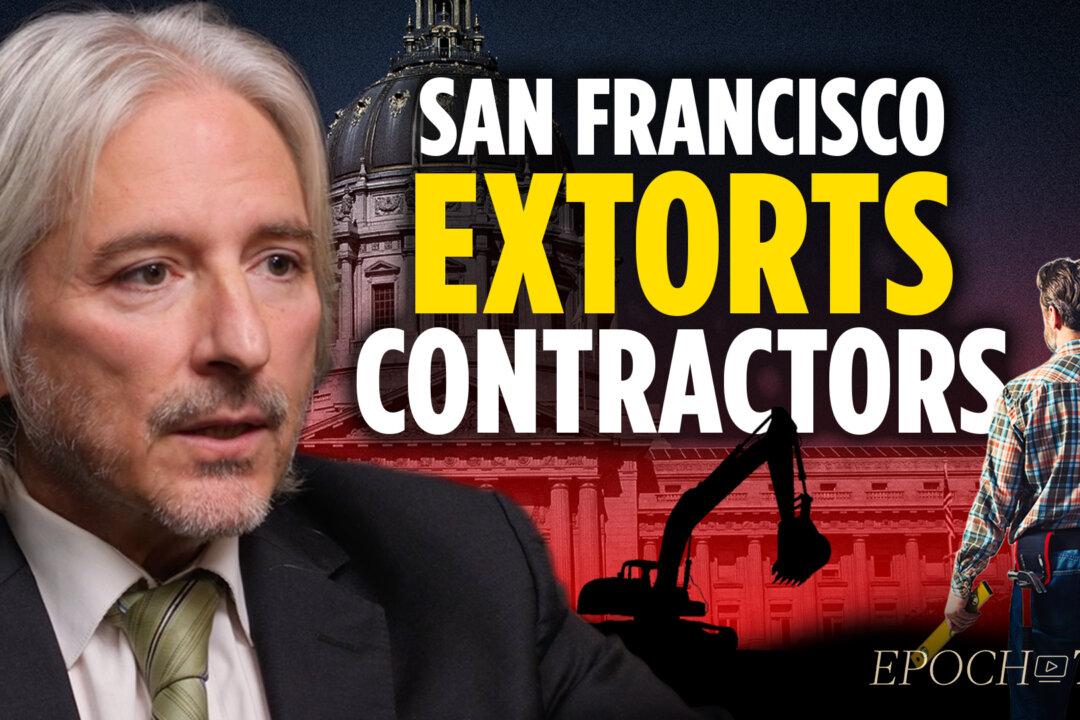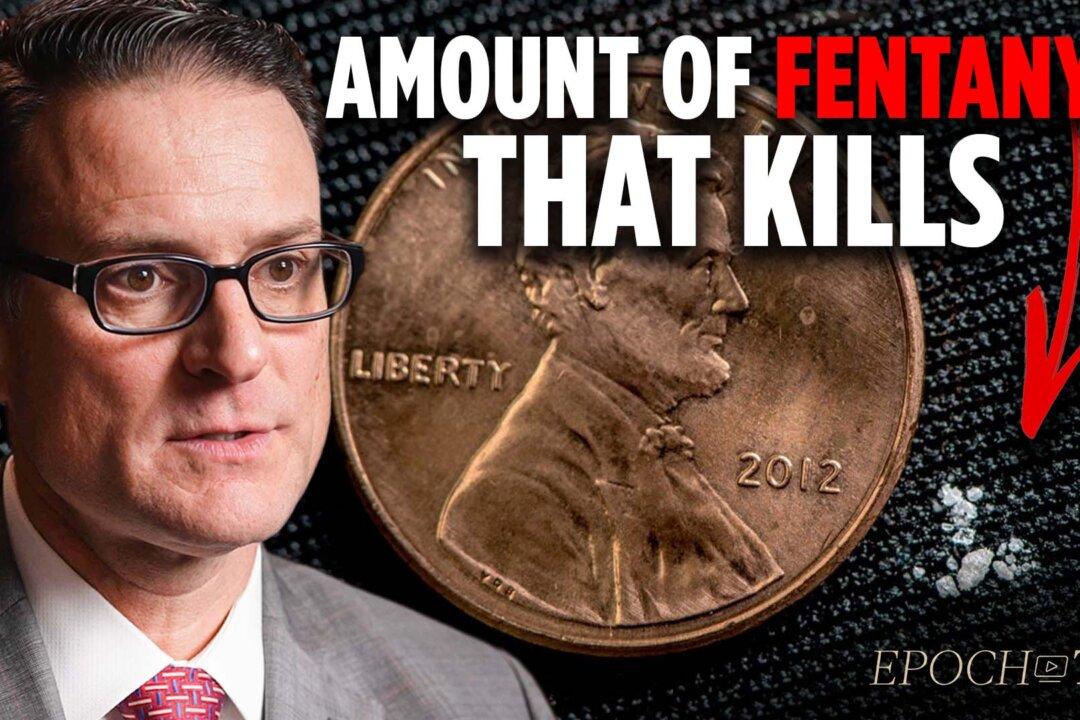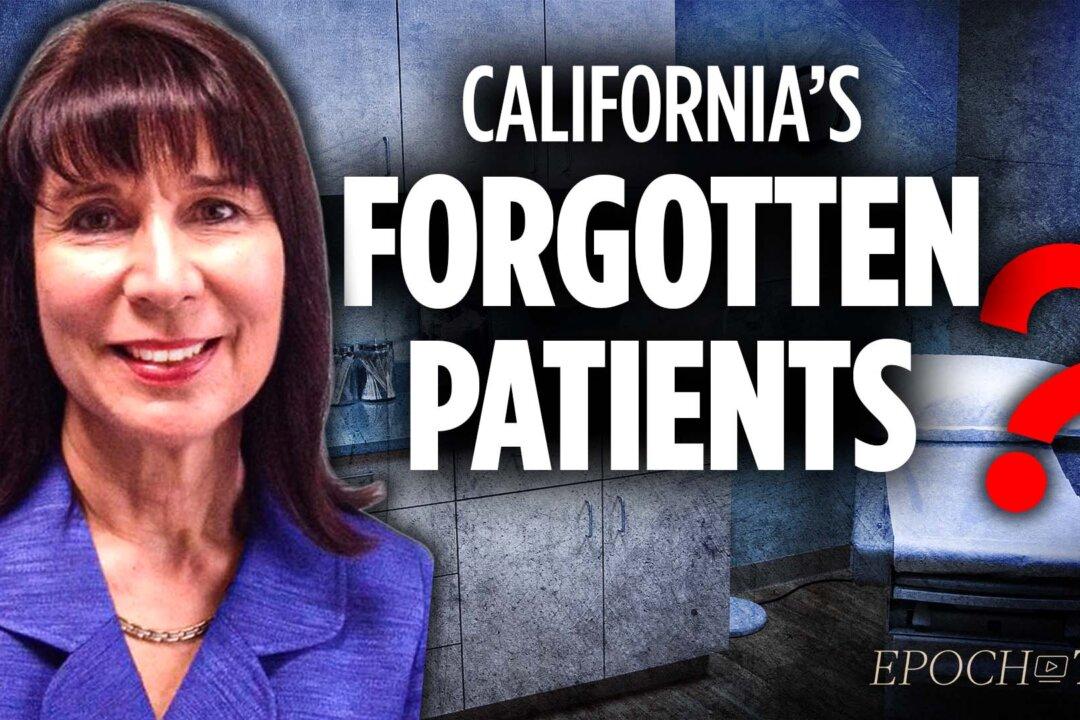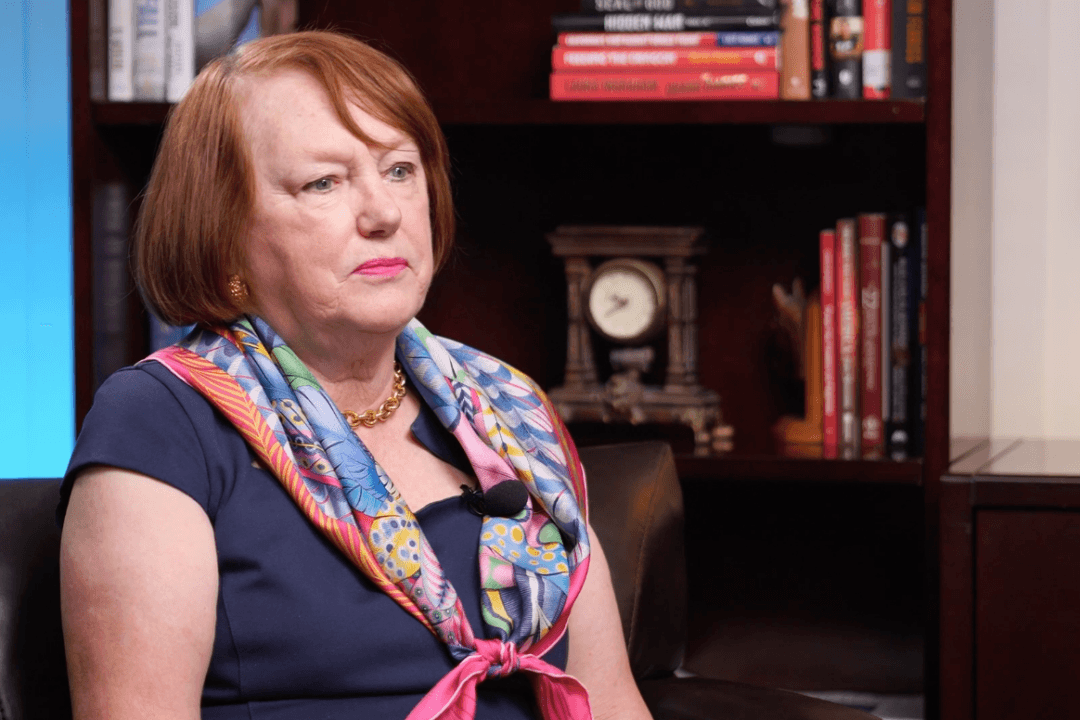San Diego City Council passed an ordinance on Tuesday that bans the sale and possession of “ghost guns” in an attempt to combat the rising gun crime in San Diego.
Ghost guns are privately made firearms that lack serial numbers, making them hard to be traced by law enforcement agencies. Under federal law, it is legal for private individuals to make their own firearms, but a license is required for the manufacture of firearms that are for sale or distribution.
